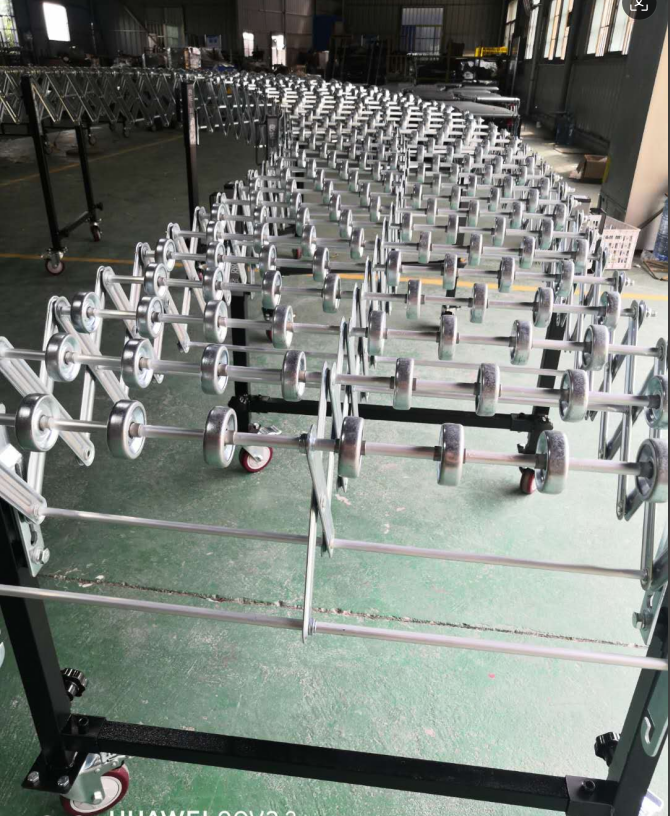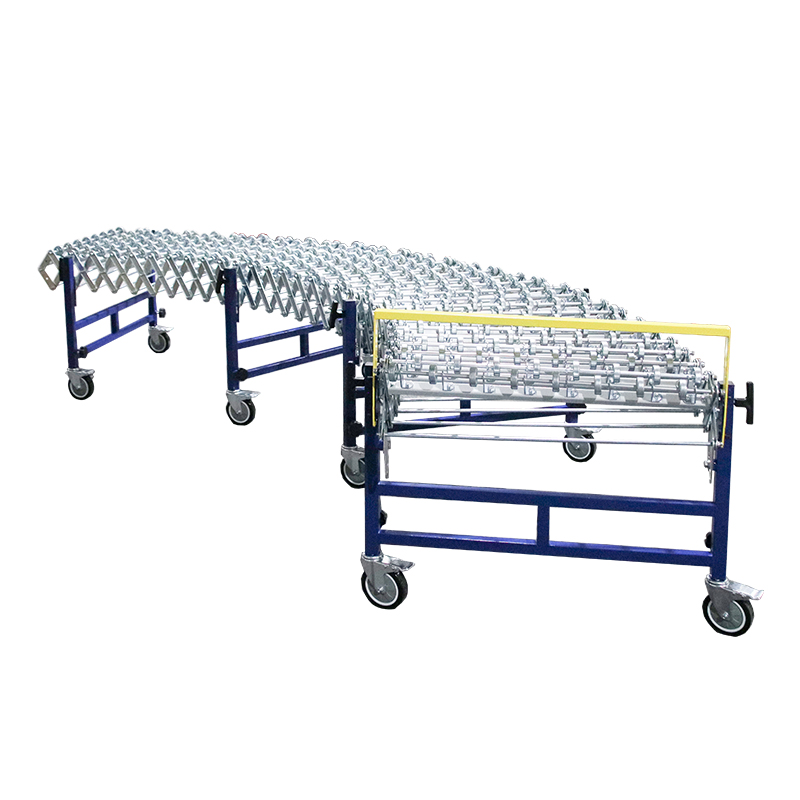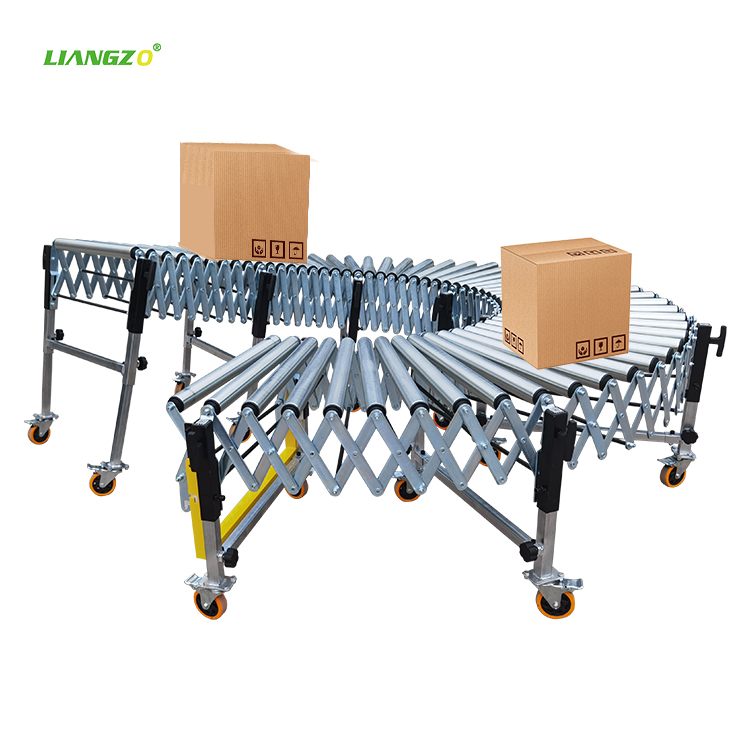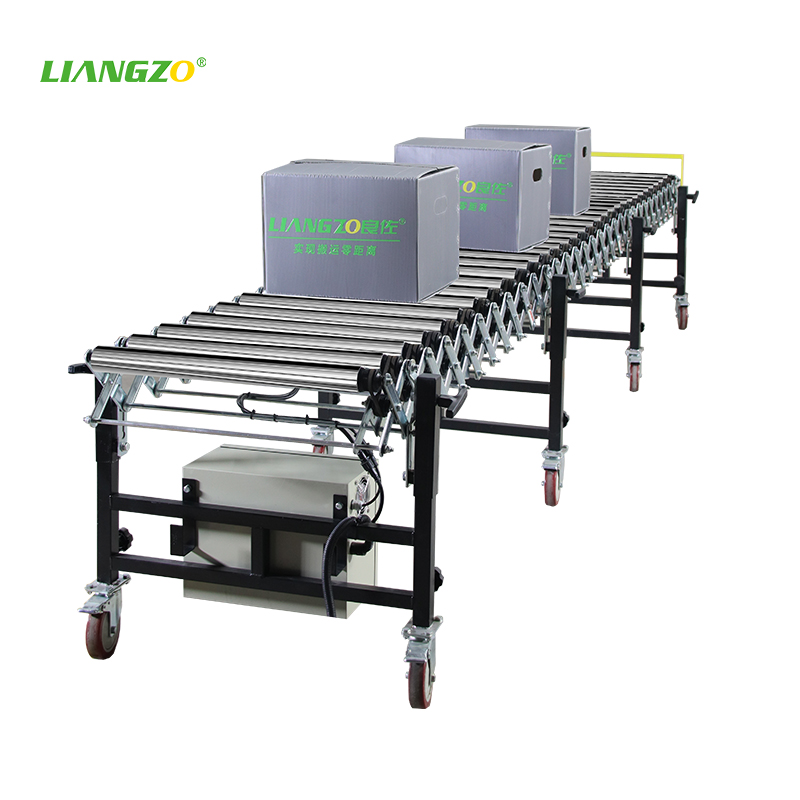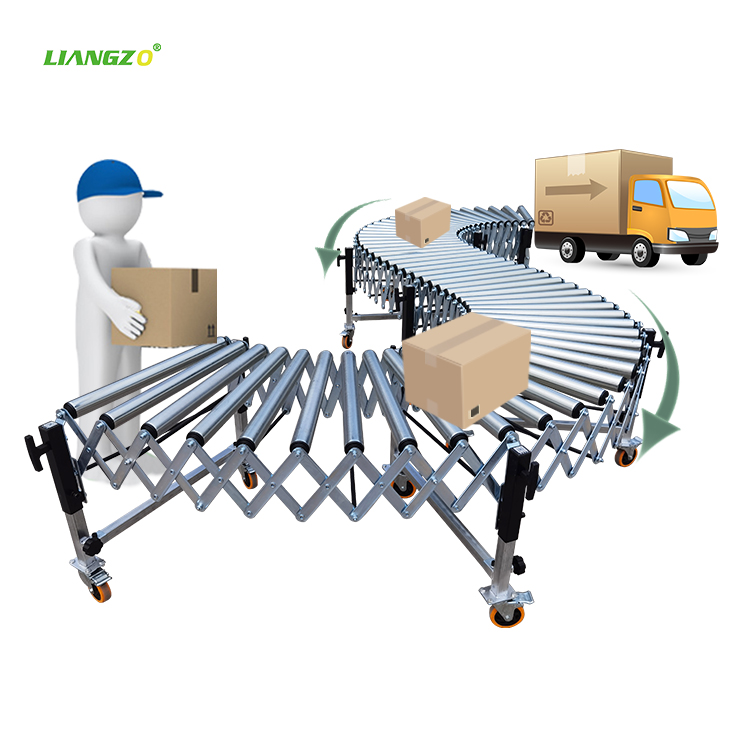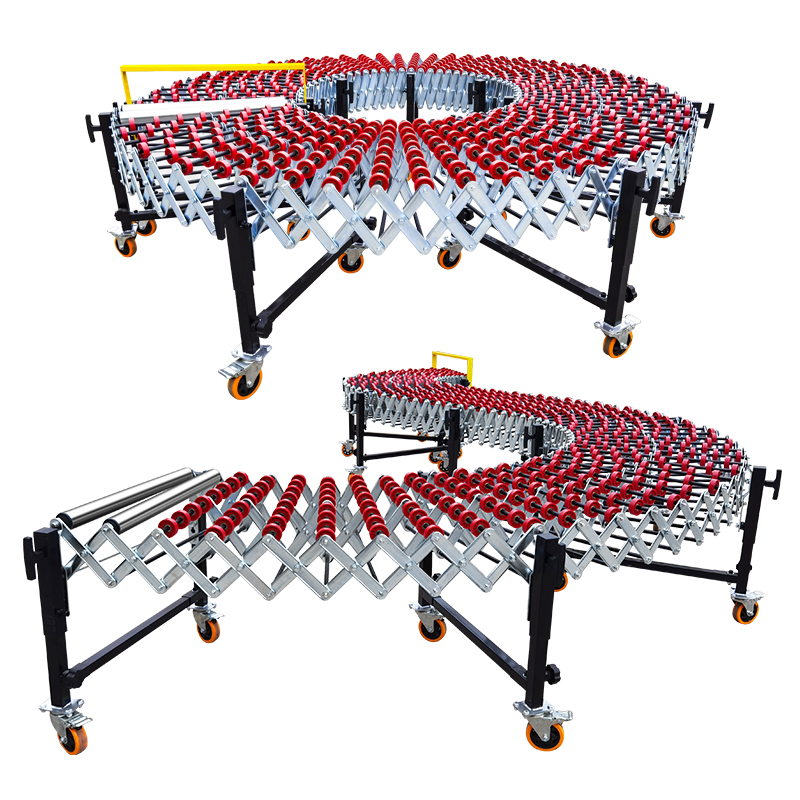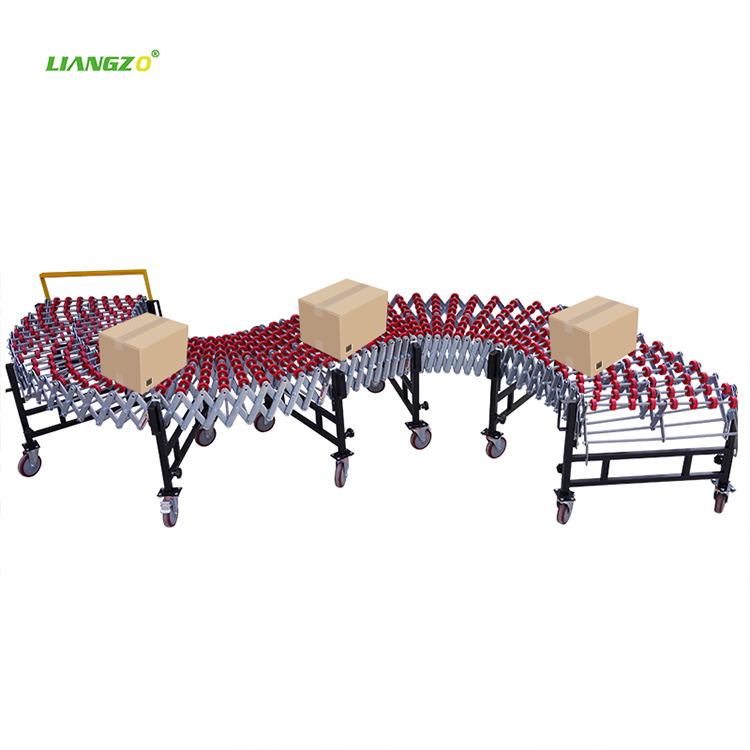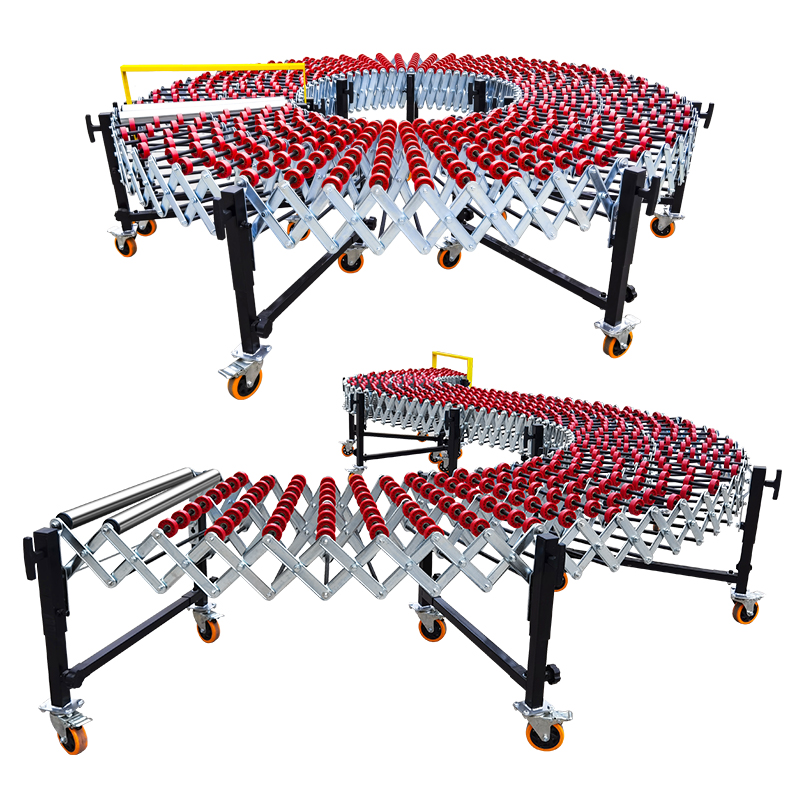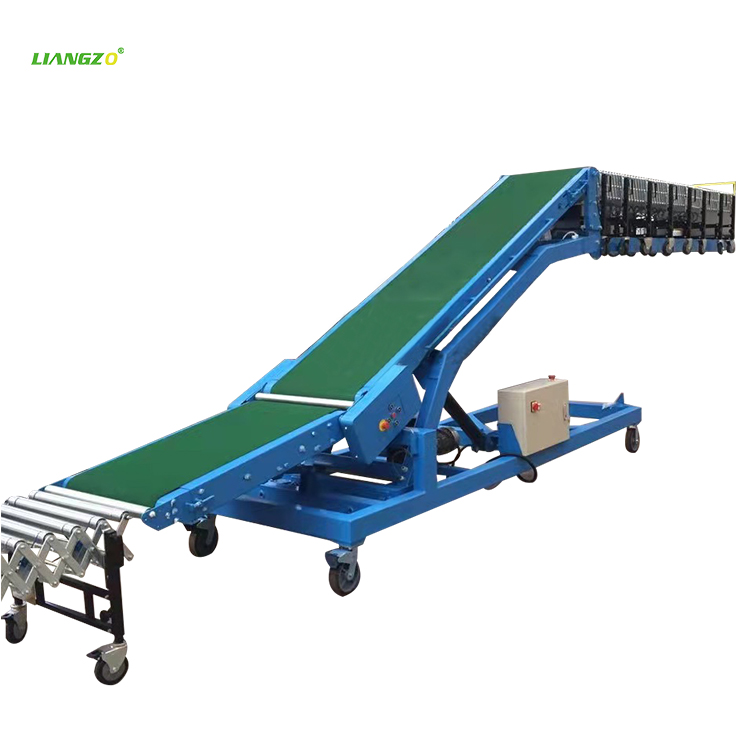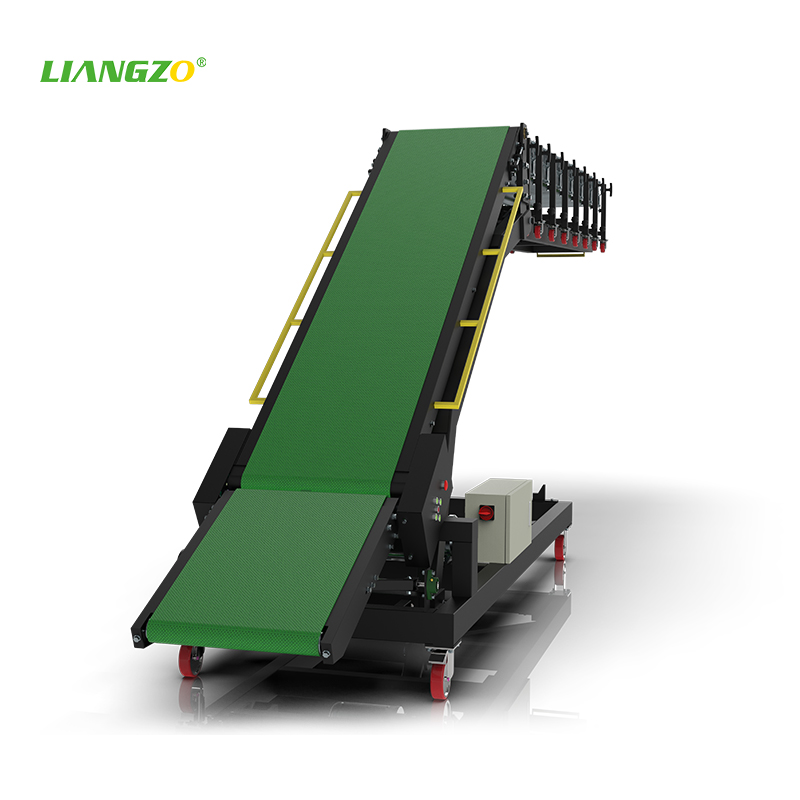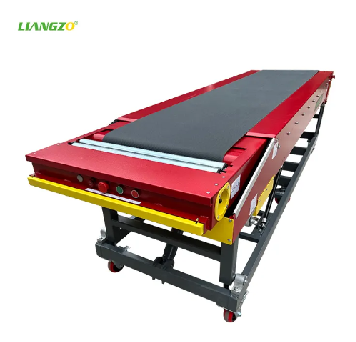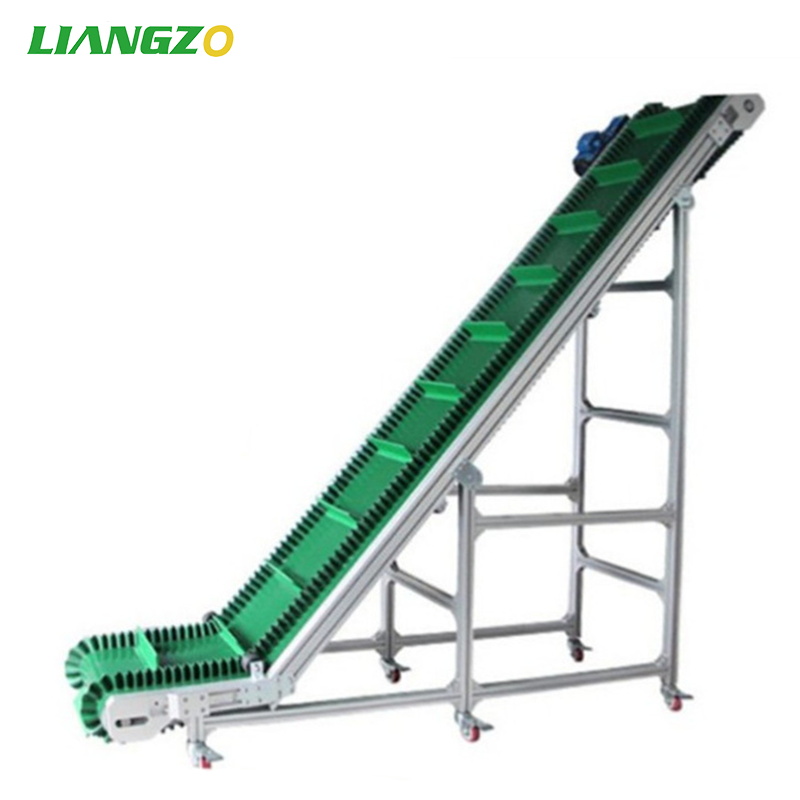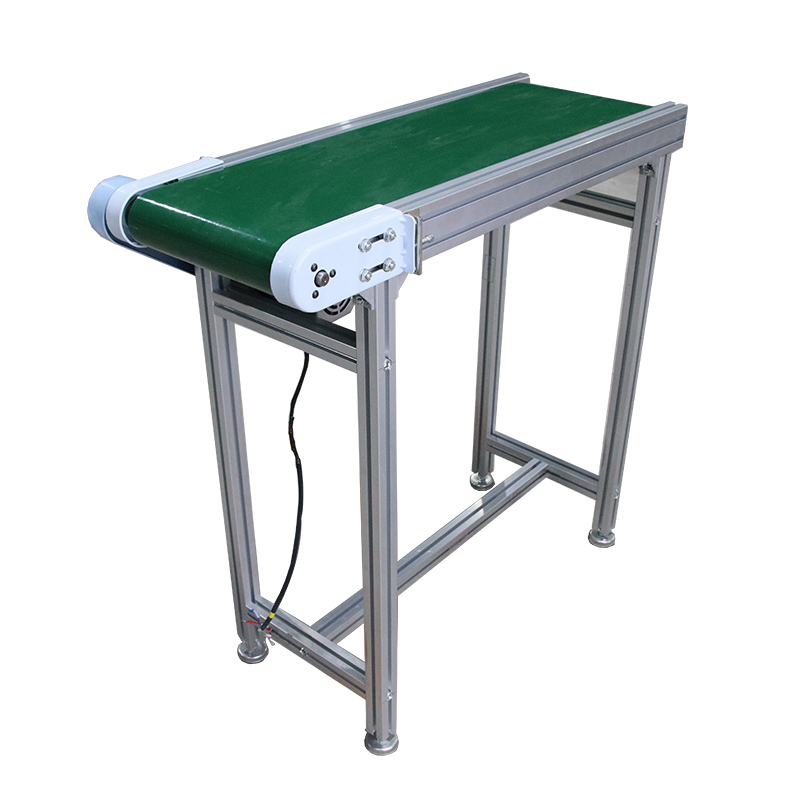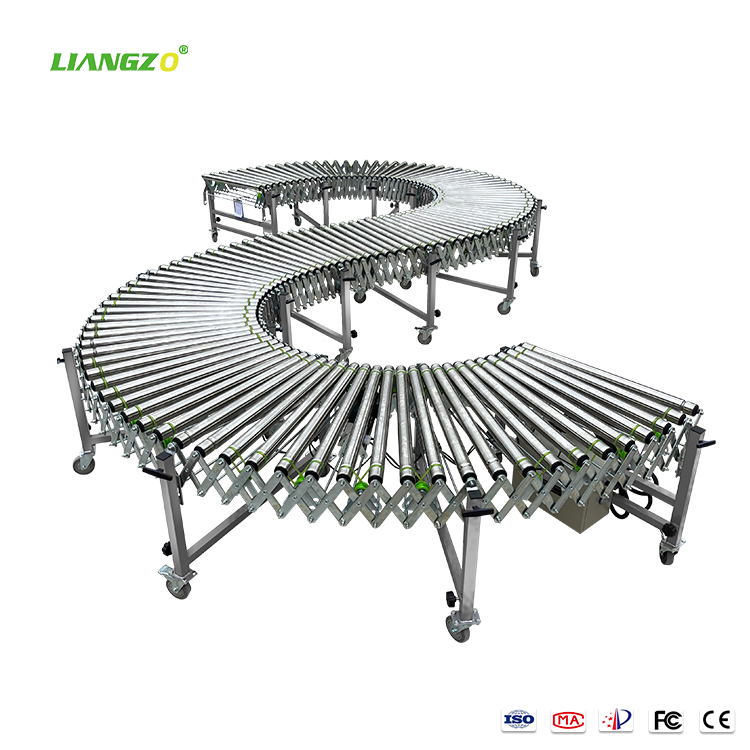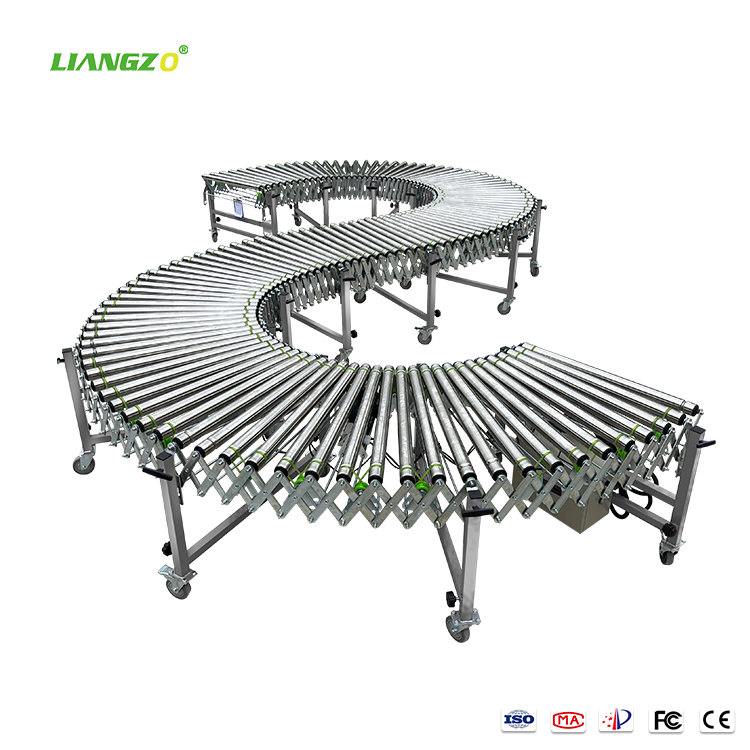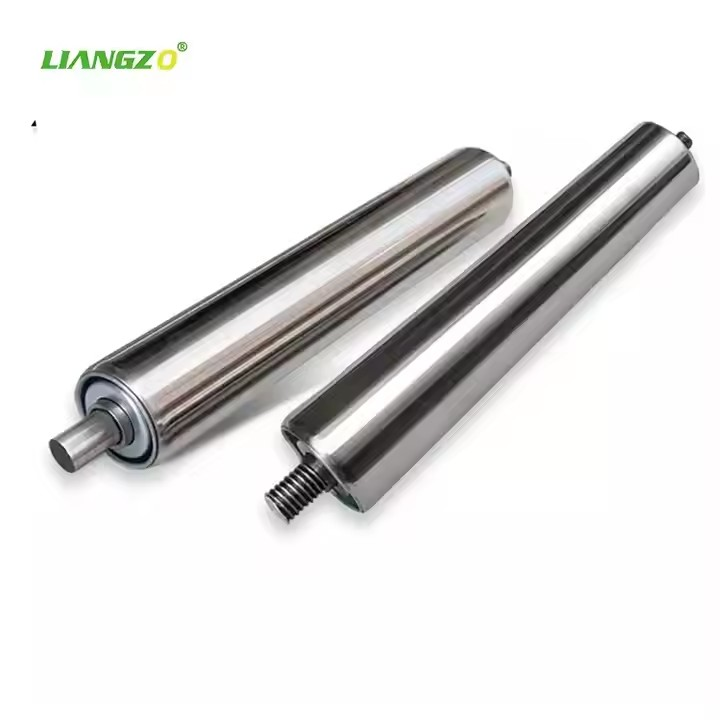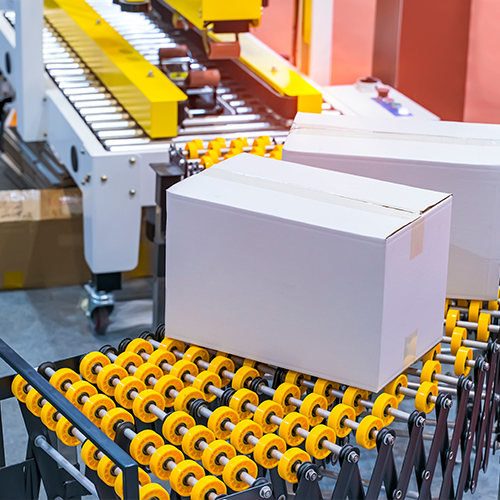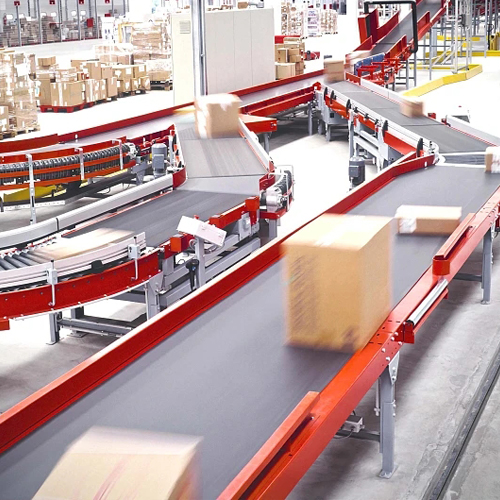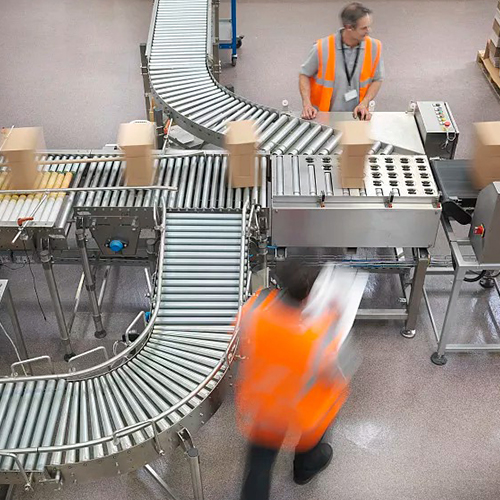Introduction
In today's fast-paced logistics and supply chain industry, efficiency and speed are critical. Warehouses and distribution centers are constantly seeking innovative solutions to streamline operations, reduce labor costs, and enhance productivity. One such solution is the skate wheel conveyor, a versatile and cost-effective material handling system widely used in warehouses for transporting lightweight to medium-weight packages.
This article explores how skate wheel conveyors function, their benefits, applications in warehouse settings, and their impact on modern logistics.
What is a Skate Wheel Conveyor?
A skate wheel conveyor is a type of gravity conveyor system consisting of multiple small wheels (or "skates") mounted on axles attached to a frame. These wheels allow packages to move smoothly with minimal manual effort, relying on gravity or slight manual pushes. Unlike roller conveyors, which use cylindrical rollers, skate wheel conveyors use smaller, lighter wheels, making them ideal for handling lighter loads.
Key Components:
Wheels: Small, rotating wheels made of steel, aluminum, or plastic.
Frame: Typically constructed from aluminum or steel for durability.
Axles: Support the wheels and allow free rotation.
Support Stands: Adjustable legs to set the conveyor at an optimal incline.
How Skate Wheel Conveyors Work in Warehouses
Skate wheel conveyors are primarily used in gravity-fed systems, meaning they rely on a slight downward slope to move items. Here’s how they function in warehouse operations:
1. Loading and Unloading Zones
Used in loading docks to transfer packages from trucks to sorting areas.
Workers can easily push boxes along the conveyor with minimal effort.
2. Order Picking and Packing Stations
Facilitates quick movement of picked items to packing stations.
Reduces walking time for workers, improving order fulfillment speed.
3. Sorting and Merging Lines
Often integrated with sortation systems to direct packages to different zones.
Used in merge points where multiple conveyor lines combine.
4. Temporary and Portable Conveying Solutions
Lightweight and modular, making them ideal for seasonal demand or reconfigurable layouts.
Can be set up and dismantled quickly without heavy machinery.
Advantages of Skate Wheel Conveyors in Warehousing
1. Cost-Effective Solution
Lower initial investment compared to powered conveyors.
Minimal maintenance required (no motors or complex parts).
2. Energy Efficiency
Operates without electricity, reducing energy costs.
3. Flexibility and Modularity
Can be expanded, reconfigured, or relocated easily.
Suitable for both permanent and temporary setups.
4. Lightweight and Easy to Handle
Ideal for cardboard boxes, totes, and polybags.
Not suitable for extremely heavy loads (best for under 50 lbs per wheel).
5. Improved Ergonomics
Reduces manual lifting and carrying, decreasing worker fatigue.
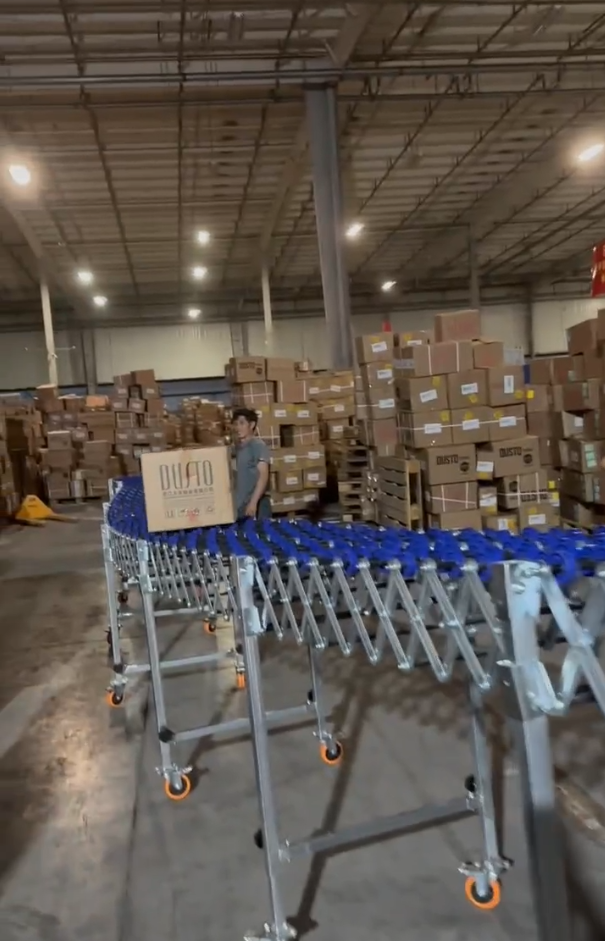
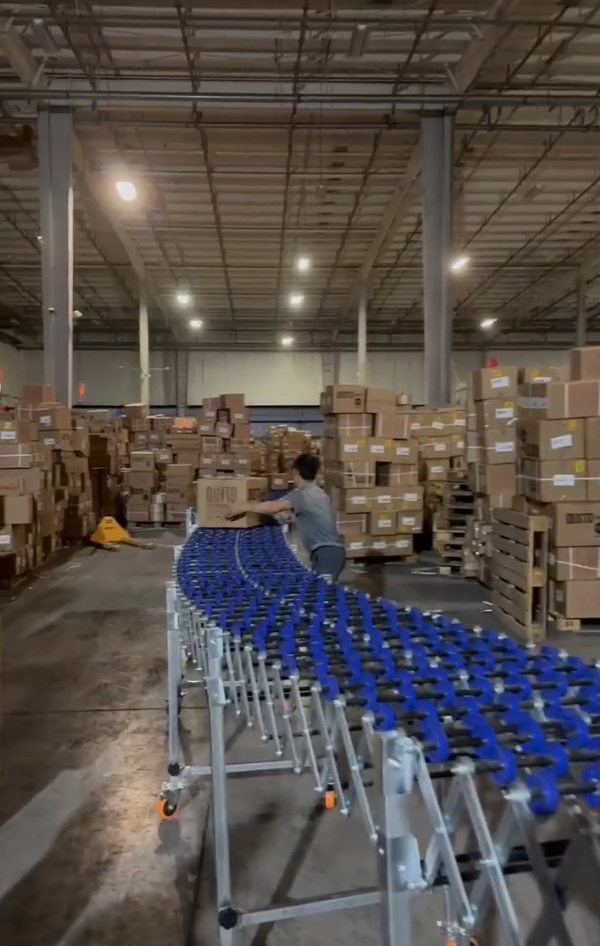
Comparison with Other Conveyor Types
| Feature | Skate Wheel Conveyor | Roller Conveyor | Belt Conveyor |
|---|---|---|---|
| Load Capacity | Light to medium | Medium to heavy | Heavy |
| Power Requirement | Gravity/manual | Gravity or powered | Powered |
| Cost | Low | Medium | High |
| Maintenance | Minimal | Moderate | High |
| Best For | Cartons, small packages | Pallets, heavier boxes | Bulk materials, large items |
Case Study: Skate Wheel Conveyor Implementation
Company: ABC Logistics Warehouse
Challenge: Needed a faster way to sort and transport small e-commerce parcels.
Solution: Installed a modular skate wheel conveyor system in the picking zone.
Results:
30% faster order processing
Reduced labor costs by minimizing manual handling
Scalable design allowed for future expansion
Future Trends in Conveyor Technology
While skate wheel conveyors remain popular, advancements include:
Hybrid systems combining skate wheels with powered sections.
Smart conveyors with IoT sensors for real-time tracking.
Enhanced wheel materials for smoother and quieter operation.
Conclusion
Skate wheel conveyors are a simple yet highly effective solution for warehouses looking to improve efficiency without significant investment. Their flexibility, low maintenance, and ease of use make them a preferred choice for light to medium-duty applications. As warehousing continues to evolve, skate wheel systems will remain a fundamental tool in logistics optimization.
By integrating these conveyors into their operations, businesses can achieve faster throughput, reduced labor strain, and improved workflow—key factors in staying competitive in the modern supply chain.
